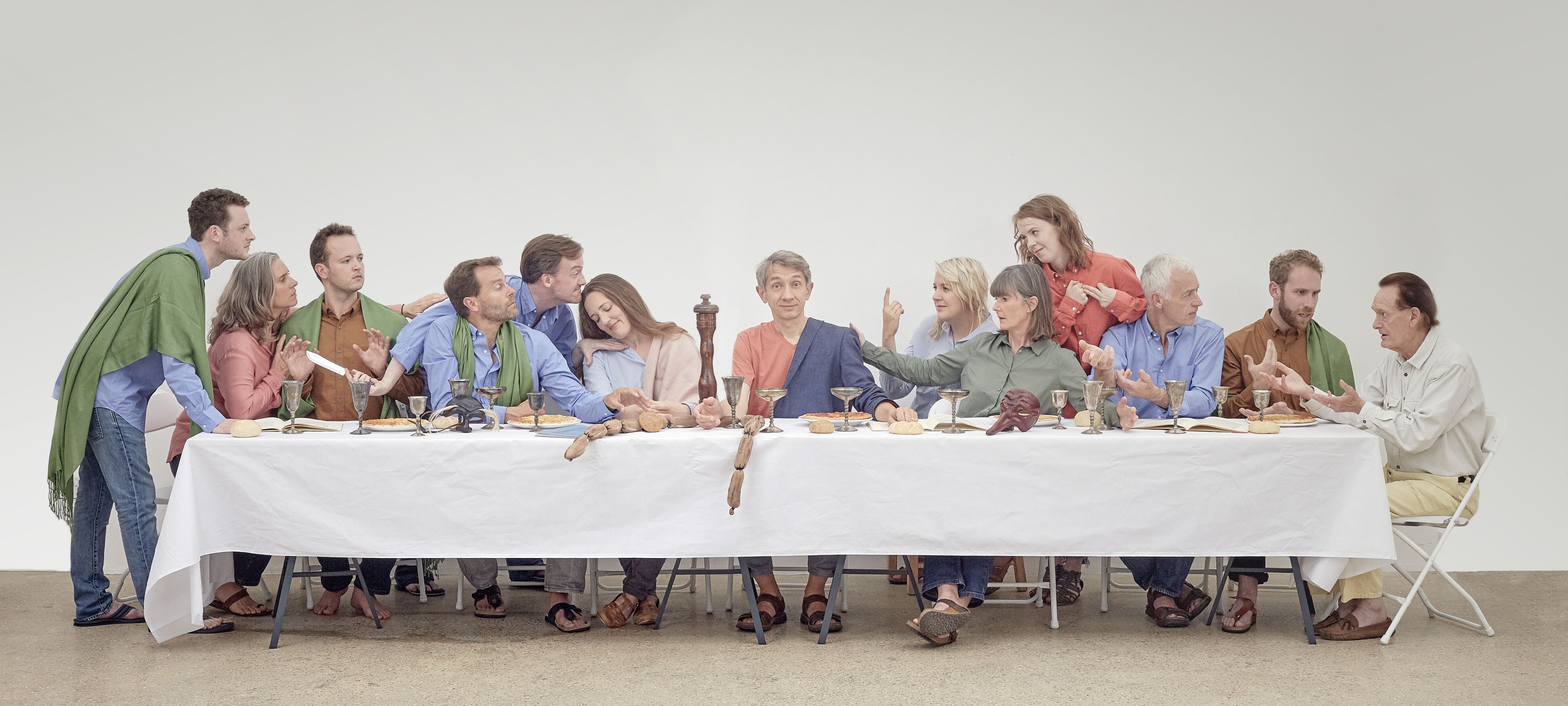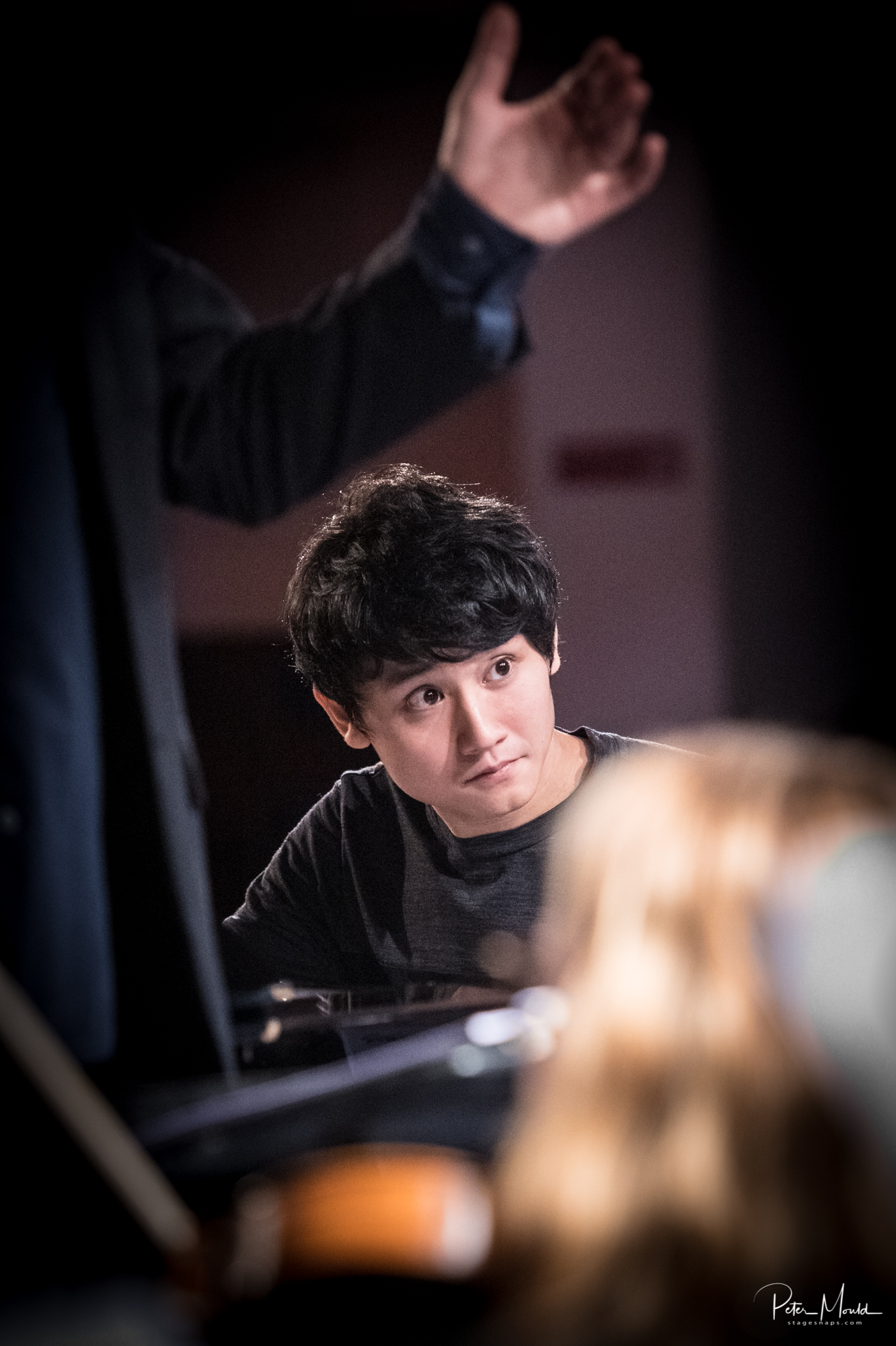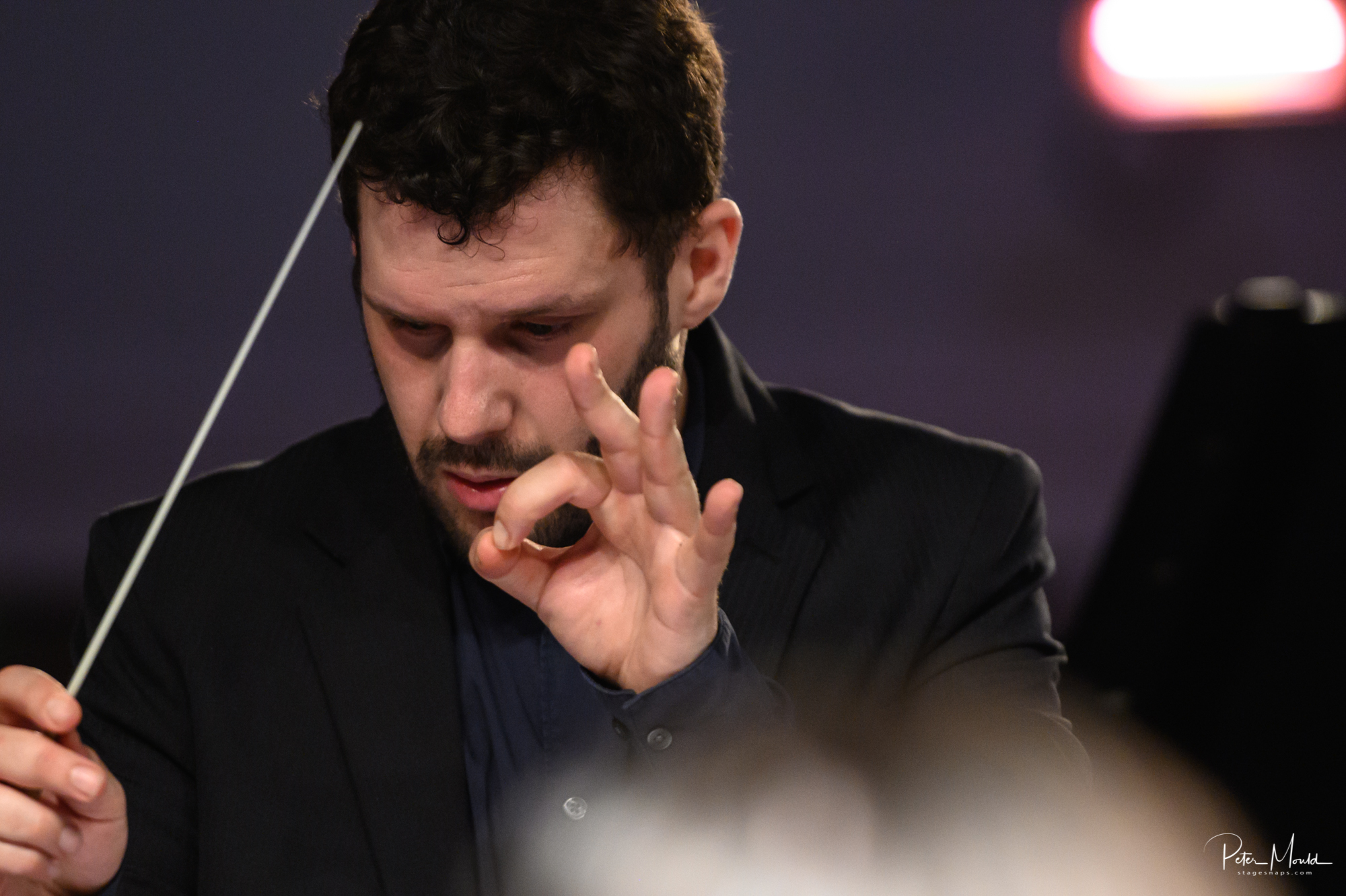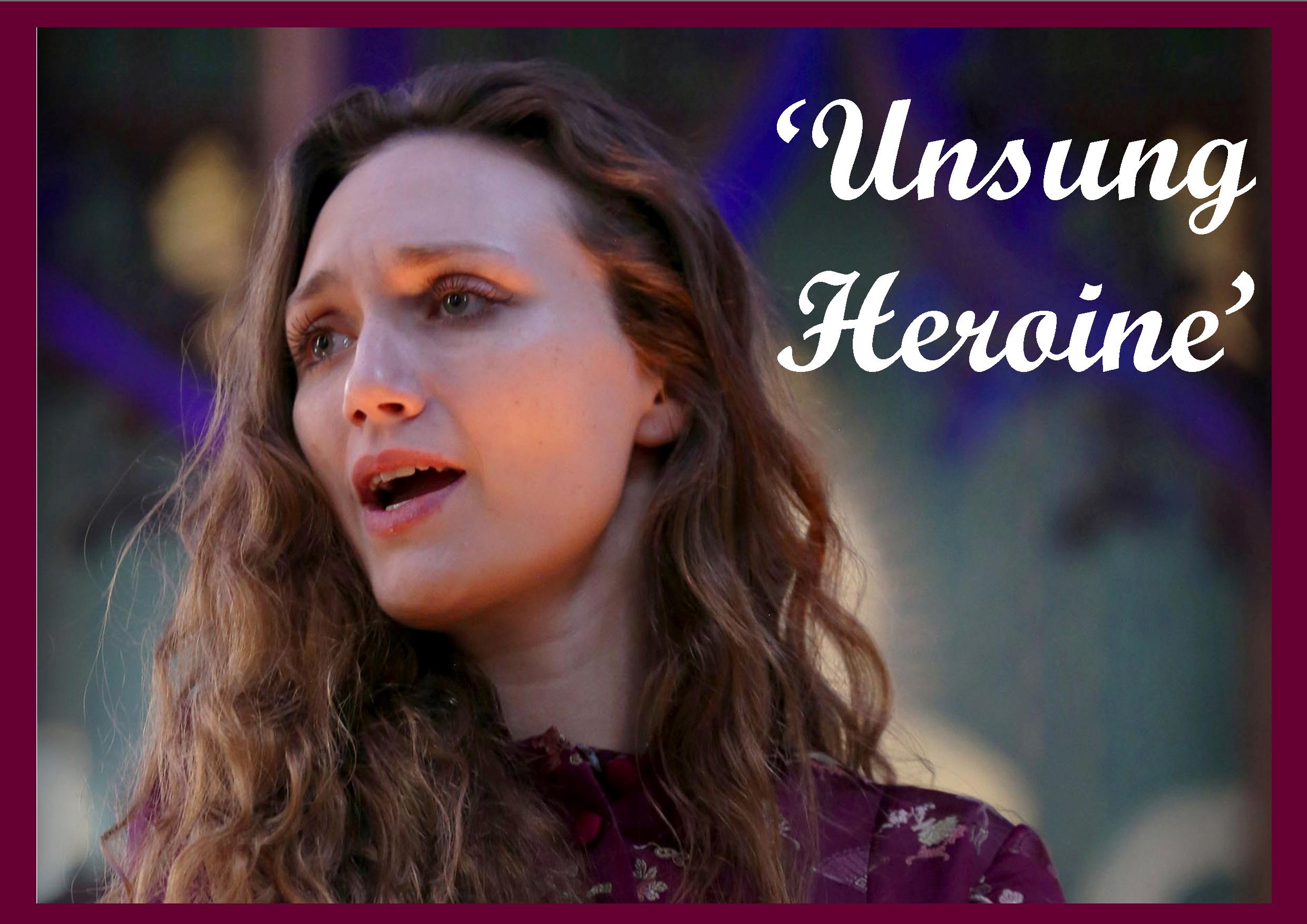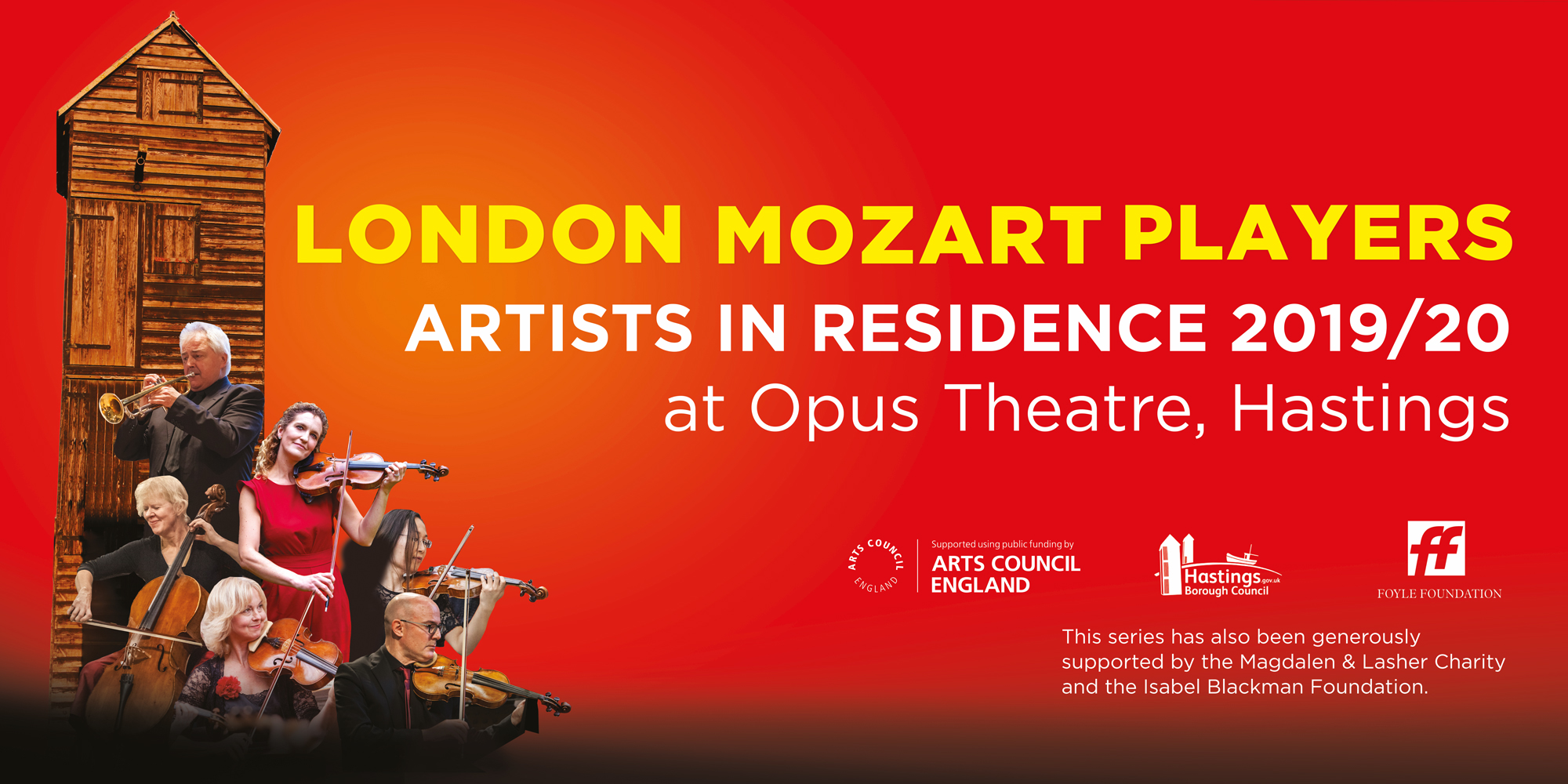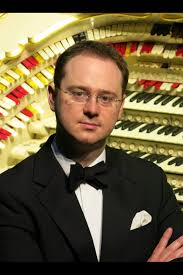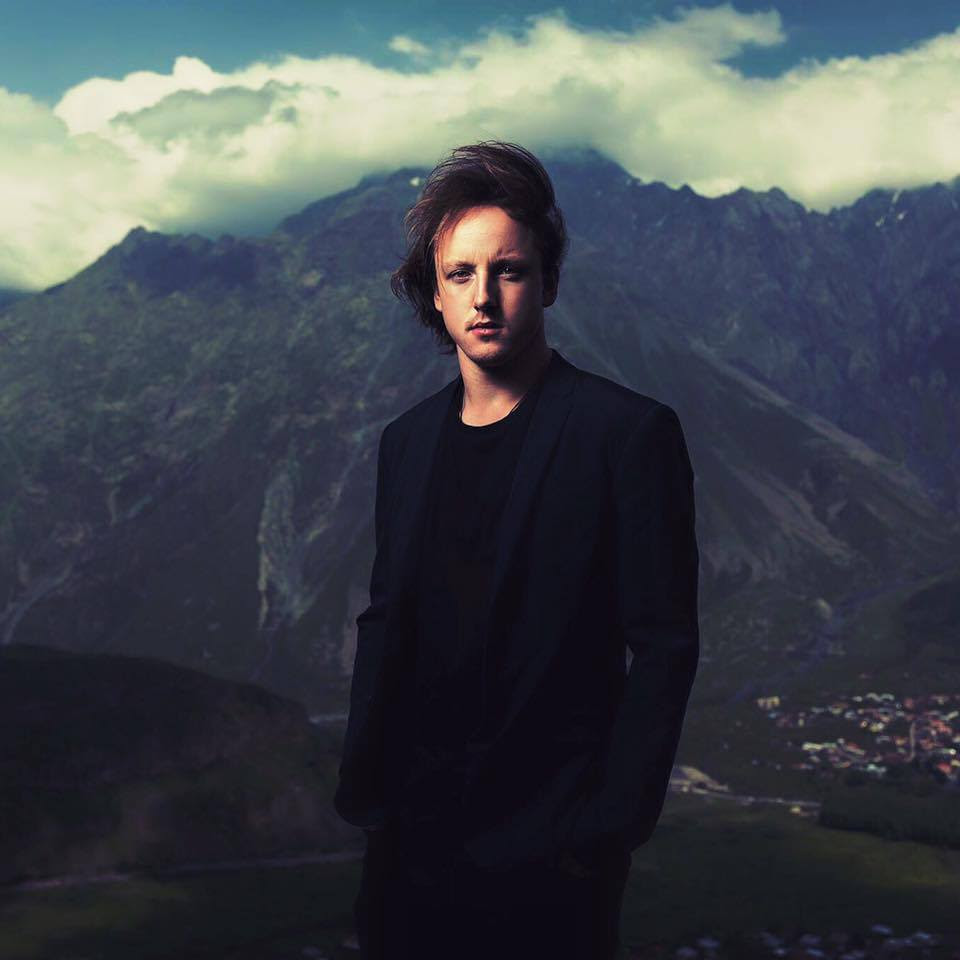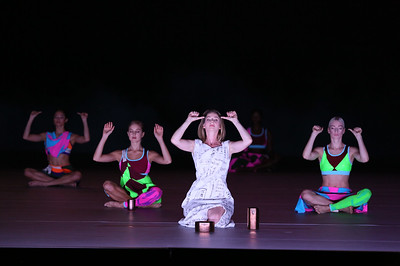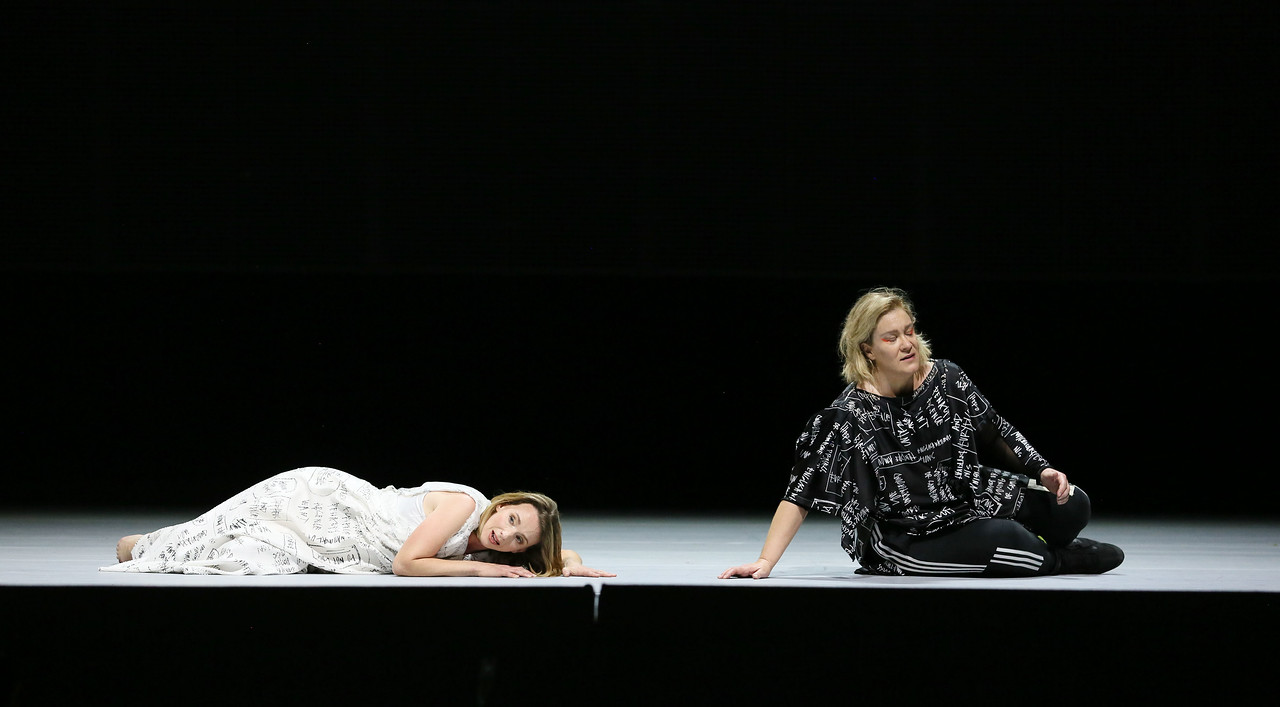Verdi; Il Trouvere
Teatro Comunale di Bologna, Roberto Abbado
DYNAMIC 37835
There is no mistaking a Robert Wilson production, but what can work magnificently, and entirely convincingly, for one opera does not necessarily translate into another. I had really enjoyed his approach to Aida where the static, often monumental, staging was entirely appropriate for what is an intensely personal narrative where little actually happens. Verdi’s Il Trovatore – here given in its full French version at Il Trouvere – suffers in the opposite direction. Robert Wilson’s production drains the whole story of emotion and interaction. The singers have no room to show responses or to interact. If anything I have seen far more emotional frisson in a concert staging than is allowed here. The ballet is staged in full – and good to hear all the music for once – but the pseudo boxing max which is the ‘danced’ staging is so inappropriate as to be utterly confusing.
The singers do what they can, though the makeup, close to, makes them look unreal and often unnatural. If this is what Robert Wilson intended then it really does not work and too often lets the singers down. Listening, one would not credit the lack of visual interest.
Rossini: Ricciardo e Zoraide
Rossini Opera Festival, Giacomo Sagripanti
UNITEL 752608
If the Verdi above suffered from a lack of emotional involvement, this goes rather too far the opposite way with an old-fashioned blood-and-thunder approach and some of the dullest choreography I have seen for some time. Unfortunately, it also boasts Juan Diego Flores and Sergey Romanovsky singing their hearts out and producing thrilling accounts of Rossini’s early score.
If you are a Rossini enthusiast and don’t have a recording of a respectable but hardly barn-storming score then this is certainly worth a look but thankfully Rossini wrote far better, even if not all later operas are as well sung as this.
Haydn: String Quartets Op20
Dudok Quartet, Amsterdam
RESONUS RES 10248
String Quartets Op 71 & 74
The London Haydn Quartet
HYPERION CDA 68230
The Dudok Quartet are planning to record all of the Op20 quartets and the second volume will be very welcome given the loving attention to detail they show in this first cd. The quartets date from 1772, and show a marked stylistic development away from the Op9 and 17 quartets – a development clearly delineated in this recording.
The Op71 & 74 quartets, brought to us by the London Haydn Quartet, date from 1793 – over two decades on from Op20 and composed as a response to the success he had had in London. Their more overt style seems to respond to the public performance of chamber music which was now increasingly familiar. The players respond to this with aplomb and enthusiasm, making for a most welcome release.
Pavel Kolesnikov plays Chopin
HYPERION CDA 68273
This is a deceptive recording which draws us in through very familiar works – Fantasy Impromptu, Waltz in A flat and D flat – to some less familiar ones, but all of which are captivating in their immediacy. The quality of sound is also impressive with a sense of a warm room within which we are standing rather than the microphone stuffed into the piano lid. All the more convincing then given that the recording was made in the concert hall of the Wyastone Estate, Monmouth, (owned by Nimbus records) on a modern Yamaha concert grand.
Beethoven transformed
Boxwood & Brass
RESONUS RES 10249
The sextet is given here in the arrangement the composer himself made for wind instruments, and is coupled with an arrangement of the Septet Op20 made by his pupil Carl Czerny. Both are charmingly convincing.
Schubert & Brahms
Gerald Finley, baritone, and Julius Drake, piano
HYPERION CDA 68288
The cd combines Schubert’s Schwanengesang with Brahms’ Vier ernste Gesange. Gerald Finley’s diction and sensitivity to the text is well known but even here it is almost unexpectedly intimate and compelling. This is a deeply personal approach, at times almost whispered as if in confidence, at others raging with emotion that almost overwhelms. A wonderful disc.
20th century British works for solo cello
Rohan de Saram, cello
FHR FHR45
Five works by five modern composers, three of whom are very much still alive. What strikes me about them is the serious, often darkly melancholic, tone they provide taken as a whole. This may say as much about Rohan de Saram’s compelling and deeply felt approach as it does about the works which open with a brief Suite by Richard Drakeford, followed by Zuhuy Kak by Hilda Paredes, Sons and Dances for Mourning by David Matthews, Eos by James Dillon and finally Sannyasin by John Mayer. The recording is in honour of the cellist 80th birthday and is certainly a fine tribute to his playing and his championing of contemporary music.
Dame Ethel Smyth: Mass in D; Overture to The Wreckers
BBC Symphony Orchestra, Sakari Oramo
CHANDOS CHSA 5240
With all the awareness of the need to promote female composers it is surprising that no national opera company has taken up Ethel Smyth’s masterpiece The Wreckers. I well recall the magnificent proms performance under Odaline de la Martinez in 1994 – thankfully still available on cd – but since then there seems to have been no attempt to mount a full professional production. This new recording of the overture reminds us of just what a splendid work it is. We can but hope!
The bulk of the new recording is given over to the Mass in D, which is an exultant outpouring, here given its head by the BBC forces under a conductor who seems to have an innate understanding of the British musical temperament. Solo voices are secure if a little reserved compared to their choral partners. Perhaps Sakari Oramo could consider live performances of either of these works?
Brahms: Symphonies 1 & 3
Bergen Philharmonic Orchestra, Edward Gardner
CHANDOS CHSA5236
After his fine Mendelssohn series, Edward Gardner turns his attention to Brahms with the first and third symphonies. The approach is calmly effective, with close attention to detail and balance, without any sense of unnecessary weight or romanticism. The outcome is highly effective and enjoyable without any sense of the music overwhelming the listener – an impression somehow closer to its classical origins than its potential later romantic development.
Eric Coates: orchestral works vol 1
BBC Philharmonic Orchestra, John Wilson
CHANDOS CHAN 20036
Volume 1 implies we are to get more like this and they can’t come soon enough. Eric Coates is surprisingly undervalued, even with the resurgence of interest in light music. There are some very familiar pieces here – The Merrymakers, By a Sleepy Lagoon, London Suite – alongside the ballet The Jester at the Wedding and two symphonic rhapsodies. All engaging and here splendidly played by the BBC Phil under one of the real champions of light music, John Wilson.
J S Bach: The French Suites
Alexandra Papastefanou, piano
FHR FHR 70
The first cd comprises French Suites 1-4 while the second includes two arrangements for keyboard of sonatas for solo violin. Alexandra Papastefanou plays a modern Steinway and there is no attempt to produce anything other than a crisp contemporary sound. This is actually quite refreshing when set against many versions on original instruments, a wide variety of keyboards and temperaments. It is strangely old-fashioned – the sort of sound I grew up with – but if anything this makes it all the more compelling. I particularly enjoy the balance she brings to the various voices and the clarity of the inter-play.

